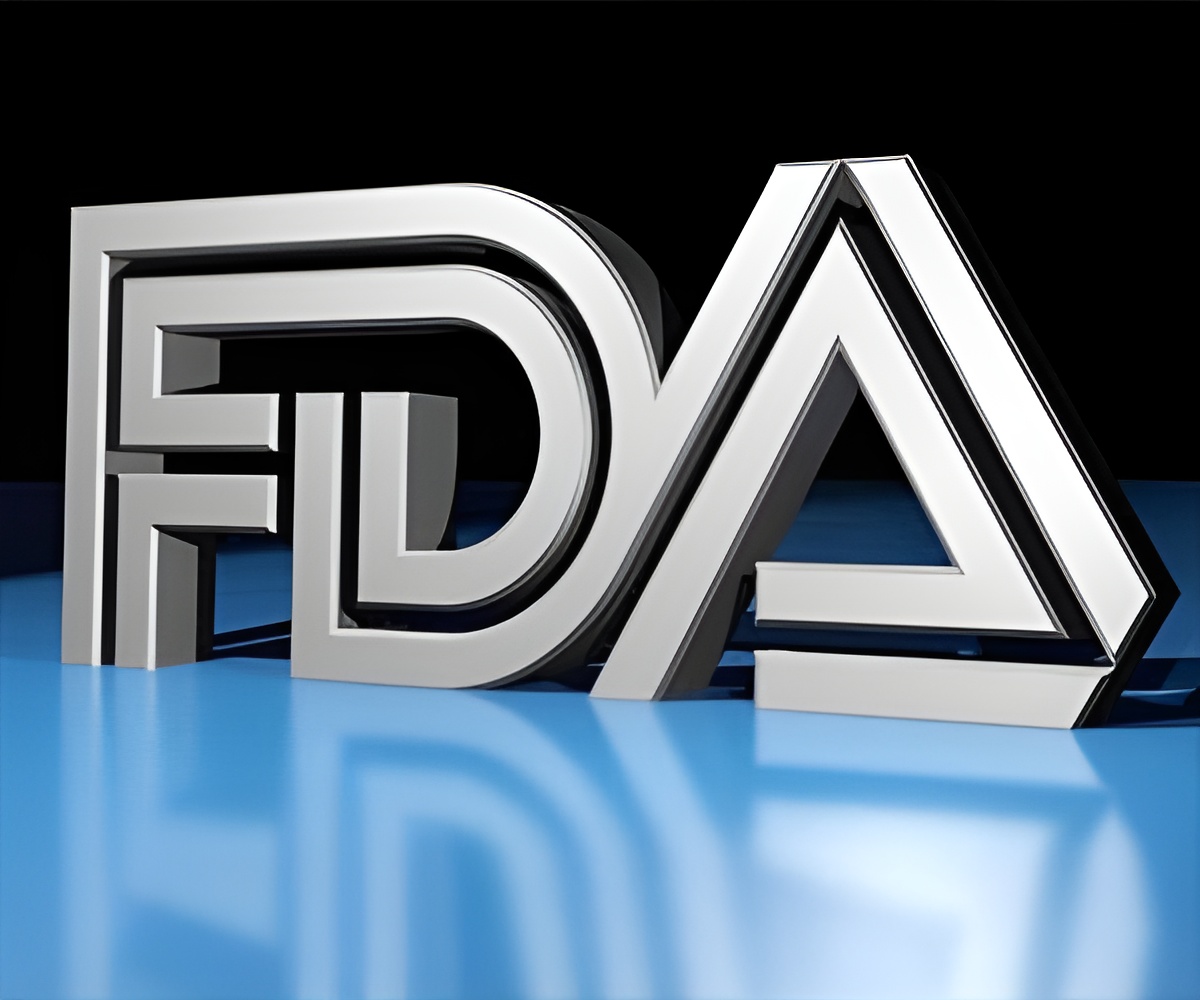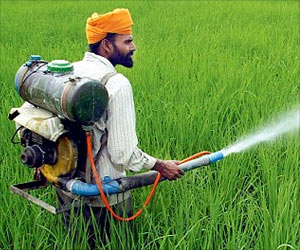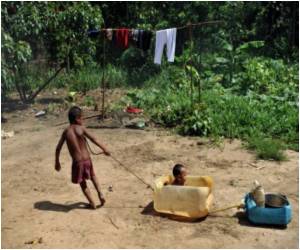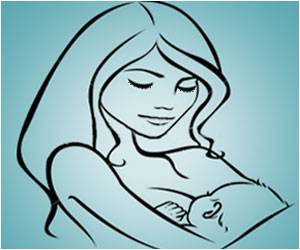Monsanto claimed that trace amounts of glyphosate in foods are not harmful and does not pose an unreasonable risk to humans and the environment.

‘In the US, agricultural crops are sprayed on a mass scale with glyphosate, which has been proven to be carcinogenic by numerous studies.’





The chemical company claimed that trace amounts of glyphosate in foods are not harmful and does not pose an unreasonable risk to humans and the environment.However, the World Health Organization (WHO) conducted a review of more than 400 studies in 2015 and rated glyphosate and two other chemicals as “probably carcinogenic to humans.”
The WHO’s findings were based on the studies in Sweden, Canada and the United States showing that those who work with glyphosate-based-herbicides have elevated risks for non-Hodgkin lymphoma.
Experts have called for regulators to reassess the chemical’s toxicity and take necessary steps to protect people from exposure to the chemical.
"Animal and epidemiology studies published in the last decade, however, point to the need for a fresh look at glyphosate toxicity," says a group of researchers led by John Peterson Myers from Carnegie Mellon University. "Regulatory estimates of tolerable daily intakes for glyphosate in the United States and the European Union are based on outdated science."
Advertisement
Monsanto said that it is confident that its herbicide is safe. "If FDA does move forward with residue testing in a scientifically rigorous manner, we are confident it will reaffirm the safe use of this vital tool used safely and effectively by farmers, landowners and homeowners around the world," says Monsanto spokeswoman Charla Lord.
Advertisement















